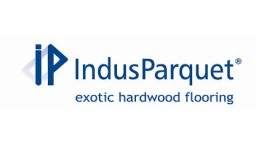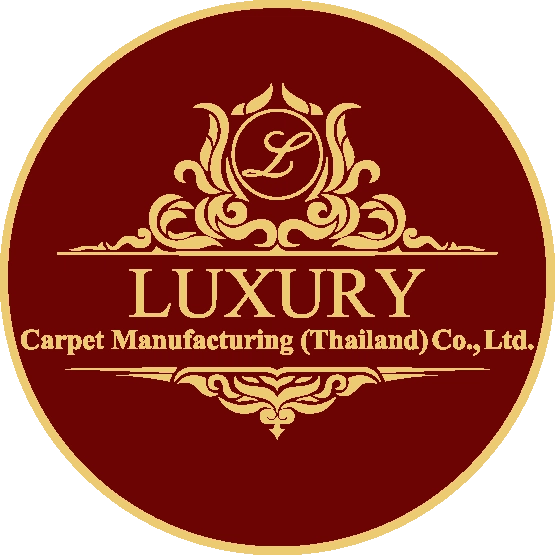Popular Types of Flooring
Whether you're looking for something elegant and subtle or lively and bold, there's a floor for you. Discover the most essential details about each type to guide your decision making.
Hardwood Flooring
Homebuyers across Oyster Bay seek out hardwood flooring for its beauty and durability. It's available in several varieties to accommodate different designs, from oak and maple to cherry and walnut. Despite its charm, hardwood comes with a higher price tag. You also need to stick to a consistent refinishing schedule every few years, filling in the gaps with specialty cleaners. The more time you invest in maintenance, the longer your floors will last.
Engineered Wood Flooring
Engineered wood gives you the aesthetic of hardwood without the strict maintenance. They use a plywood foundation with a layer of real hardwood on top – ultimately saving you money. Despite the lower retail cost, it might feel more hollow to walk on, and the slender hardwood layer can only be refinished one time. That said, its lower propensity to warp could still make it a worthy investment.
Laminate Flooring
Laminate floors come in wood and tile finishes, but they all have a particle board base. A strong plastic coating gives them resilience against scratches and simplifies cleaning. However, it's more susceptible to water damage and chipping.
Vinyl Flooring
Maintenance with vinyl floors is uncomplicated. You can purchase them in luxury vinyl tile (LVT) or luxury vinyl plank (LVP) styles, with each option equally durable. They also come at a reasonable price point, somewhere between laminate and engineered wood.
Tile Flooring
Tile flooring is another timeless-looking, robust option. Like vinyl, it requires minimal maintenance and is simple to clean. As such, it's an ideal choice for areas prone to moisture like bathrooms and kitchens. However, it requires intensive prep work before installation and can be cool and slippery to walk on. Pricing depends on the material you pick, with porcelain being more expensive than ceramic.
Stone Flooring
Granite, sandstone, travertine, and marble aren't just for the outdoors. Inside, they can give you a bold look and unparalleled water resistance. However, like hardwood, it can be expensive and difficult to clean.
Linoleum Flooring
With attentive maintenance, linoleum floors can last for years. It is a cost-effective choice with various alternatives for adaptation. However, it can readily get dented or scratched and has been known to fade when exposed to direct sunlight. The sun's rays also lead linoleum to fade over time, and it may not be suitable for areas with excess moisture.
Carpet
Carpet is the most affordable flooring option. It can make a space feel more homey and is great for muffling sound. You don’t have to worry about scratches or dents, and the cushioning makes it a safer choice for kids. However, the fibrous material easily retains stains, moisture, and odors, which isn't ideal for pet owners or allergy sufferers.
How to Choose a Oyster Bay Flooring Company
Choosing the right installer makes all the difference for your new floor's longevity. We recommend screening different companies using the following criteria.
Reputation and Reviews
The first thing to note is whether a company is known for good service and high-quality work. Check review sites like Google, Yelp, Trustpilot, and the Better Business Bureau (BBB) to see what previous clients have to say. Even the most reliable flooring installers will have both positive and negative reviews. Look for how a business responds to complaints and interacts with others. If it works toward a satisfactory resolution and acts in good faith, that's a good sign. However, if it's argumentative or has a high negative-to-positive review ratio, it's best to avoid working with it.
Portfolio and References
Most floor installers keep portfolios of their past projects. We recommend requesting a copy so you can examine the crew's workmanship. Portfolios might also include references from past customers. Request their contact information so you can discuss their experiences and thoughts about the company.
Specialization and Services
Look for a business that specializes in the type of flooring you're interested in. For example, a crew might be experienced with carpet but not hardwood. An installer's service offerings can also make a difference. At the very least, you should choose a provider that will dispose of your old flooring materials. However, providers can also offer refinishing services or design consultations.
Cost
Cost is crucial to consider, but it should be less important than quality in your selection process. We recommend getting three to five different quotes for your flooring job to compare pricing and workmanship. Many companies offer on-site and online estimates to streamline the process.
Warranties and Guarantees
Flooring services typically come with a pair of warranties. The first one, issued by the manufacturer, covers the materials. The second backs the installation crew's workmanship. While some manufacturers and contractors have lifetime warranties, most are still restricted to a specific time period (often ten years.) If you'd like additional coverage, you might be able to pay extra for an extended warranty.
Estimated Timeline
You don't want your flooring project to last longer than expected. Get an estimated timeline up-front and ask about potential delays. Express your expectations clearly and secure any guarantees in writing.
Ready to Get a Quote on Your Flooring Project?
Please enter a valid 5-digit zip code!
Frequently Asked Questions About Flooring in Oyster Bay
How much will it cost to install a new floor in Oyster Bay?
See our guides to how much each flooring type typically costs:
What are some of the most popular types of flooring in Oyster Bay?
Do Oyster Bay flooring companies need to be licensed?
If I'm replacing a kitchen floor, what material should I buy?
Are there environmentally friendly flooring options in Oyster Bay?
To share feedback or ask a question about this article, send a note to our Reviews Team at reviewsteam@thisoldhousereviews.com.


















